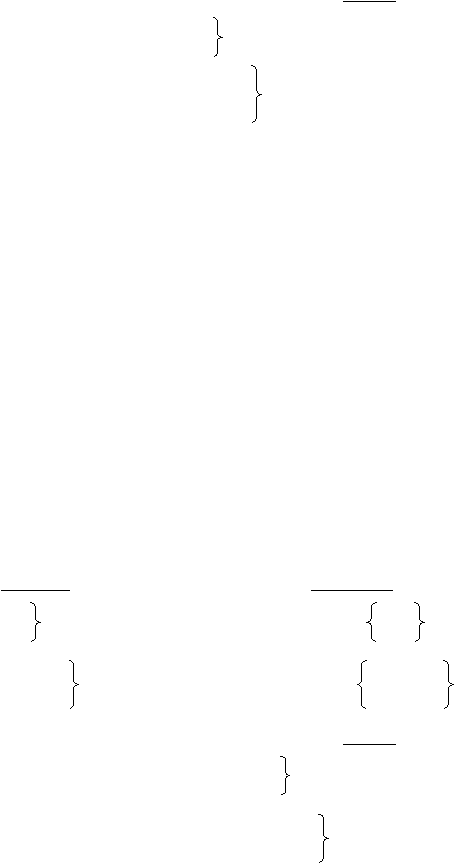
42
They
they
Negative
I
We
shall not (shan't) have been speaking
He (she, it)
You
They
will not (won't) have been speaking
§ 51. The future perfect continuous is very rarely used, because situations which require it very seldom arise.
It denotes actions which begin before a certain moment of time in the future and go on up to that
moment or into it:
I shall have been living there for five years next February.
Future in the past tenses
§ 52. There are four more future tense verb forms in English: the future in the past indefinite, the future in
the past continuous, the future in the past perfect, the future in the past perfect continuous, which differ from
the previously discussed forms. They refer the actions not to the actual future, but to the future viewed as such
from the standpoint of past time.
The future in the past forms are dependent, as they are used mainly in object clauses in reported speech after
verbs in the past tense forms.
The most frequently used is the future in the past indefinite (the past simple).
§ 53. Formation. All the future in the past forms are analytical. They are formed by means of the auxiliaries
should and would and the corresponding form of the notional verb (should speak, should be speaking, should
have spoken, should have been speaking)*.
* The contracted form for both ‘would’ and ‘should’ is ‘d: I’d speak...
The paradigms of the verb in the future in the past
The future in the past indefinite
Affirmative
Interrogative*
I
We
should speak
Should
I
we
speak?
He (she, it)
You
They
would speak
Would
he (she, it)
you
they
speak?
Negative
I
We
should not speak
He (she, it)
You
They
would not speak
* The interrogative future in the past occurs only in sentences reproducing inner speech (conventional direct speech).
§ 54. The future in the past forms are mostly used in object clauses dependent on verbs in the past tense in
the principal clause. None of them can be used in subordinate adverbial clauses of time and condition

